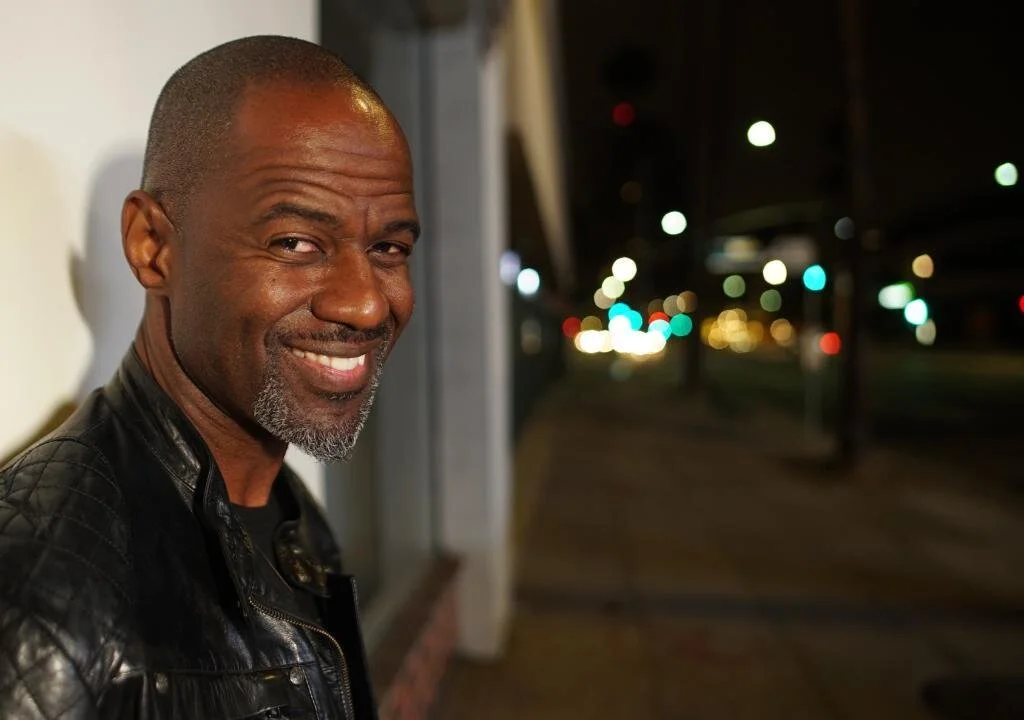Silkk the Shocker
Master P
Rich Homie Quan
Dej Loaf
Raekwon
Xzibit
Deli Rowe
Jadakiss
The Game
Lil Kim
Tyrese
Francesco Yates
Pharrell Williams
Chipmunk
Bryson Tiller
King Los
Luenell
Lira
Kid Ink
Rick Rock
Monica
August Alsina
Soul II Soul
Timbaland
R. Kelly
Fat Trel
Yung Joc
The Roots
King Louie
Queen Latifah
Drake
Beyonce
Karen Civil
Jay Evans
Gee Wunder
Snoop Dogg
Eb Reinbergs
Xzibit
Truth Hurts
Fabolous
Lynn Tate
Jennifer Lopez
Teedra Moses
Alicia Keys
P!nk
Tyga
Royce Da 5 9
Glasses Malone
Dru
Rick Ross
Joyner Lucas
Chrisette Michele
Michelle Williams DC3
TI
Dej Loaf
Janine and the Mixtape
Elijah Blake
Justin Fraley
JD ERA
Ne-Yo
Miguel
TK_N_Cash
Karl Wolf
Big Sean
Tara Hicks
BaeTheArtist
Noel Gourdin
Meelah
Ice Cube
Rae Sremmurd
Black Milk
Rodney Perry
LA Hardy
Richard Lawson
Dawan Owens
Edwina Findley
Audio Push
Kierra Sheard
Tye Tribbett
Tone Bell
Tony Benefit
Boosie Badazz
Bobby Brackins
David Correy
Chance the Rapper
Kidd Kidd
K Michelle
Kevin Gates
Missy Elliott
Theo Dureau
Crazy 8 The Great
Mateo Amarei
Justin Garner
August Rigo
Don Trip


![[LEGENDARY] Nu Shooz](https://images.squarespace-cdn.com/content/v1/54a2df5ce4b0d5cd7b0d7936/1481967838082-00VLJFD68AAJLV371X7M/nu_shooz_band_2015.jpeg)
![[MEET THE MANAGER][LEGENDARY] Steve Lobel](https://images.squarespace-cdn.com/content/v1/54a2df5ce4b0d5cd7b0d7936/1481191781140-8J6UAGPOM8TCP86S6GXC/steve_lobel%5B1%5D.jpg)